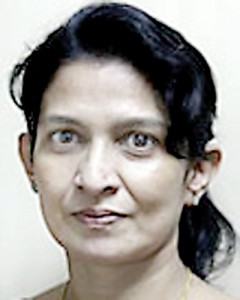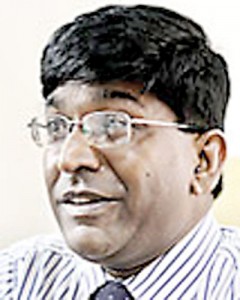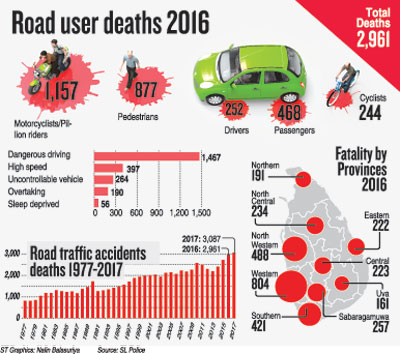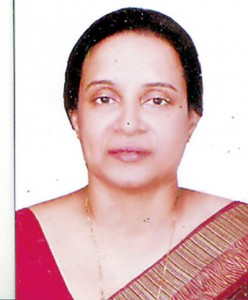News
Horrific toll of traffic accidents prompts NHSL Neurotrauma Unit docs to speak out
Some, of course, are no more.
All have a single common factor which has shattered not only their lives but also the lives of their loved ones, with newspapers and television stations being replete with these tragic stories day in, day out.
Road traffic accidents are taking their toll – either snuffing out the lives of men, women and children or leaving many facing varying degrees of disability.

Dr. Manjula Kularatne
These images that they see in real life at the Neurotrauma Unit of the National Hospital of Sri Lanka prompted Consultant Neuro-anaesthetist Dr. Manjula Kularatne to “go public” with a crucial message, while persuading Hiru’s mother to talk to the Sunday Times as part of an awareness campaign in a bid to prevent accidents. (Please see Hiru’s story on the PLUS cover.)
There are three main reasons for road traffic accidents, says Dr. Kularatne, heavily underscoring them as: Exceeding the speed limit; driving or riding after alcohol; and driving or riding when feeling sleepy.

Dr. Himashi Kularatne
She speaks with data in hand, for most admissions to the Neurotrauma Unit are with severe head injuries suffered in accidents caused by these three factors.
It was Consultant Neurosurgeon Dr. Himashi Kularatne and his team, along with Dr. Manjula Kularatne and her team and the nursing team who looked after Hiru for two months after his accident.
“Always we talk of deaths in accidents but there is no focus on the severe disability caused to many accident victims,” says Dr. Manjula Kularatne, urging that we need to keep repeating to the public not to speed, not to drink and drive and not to drive when feeling sleepy, so that it becomes ingrained in the minds of adults and children.
Pointing out that huge sums of money have to be channelled to support severely disabled accident victims not only by the government but also by their families, she says that prevention of accidents is the best option.
“Such accident survivors suffer from various degrees of disability, ranging from a permanent vegetative state, to being wheel-chair bound, to having lifelessness or weakness in some or all four limbs and being in a mental state of a very young child,” says Dr. Kularatne, explaining that we never think it will happen to us until it does.
According to her many of these accident survivors are youth at the peak of their lives and families will use up all their assets and resources to give them even a slightly better quality of life. Citing the example of motorcycle riders and three-wheeler drivers who are involved in accidents, she says that most of them are breadwinners and thus the whole family descends into ruin and numerous lives are disrupted.
“Their lives grind to a halt. Their aspirations and dreams come to naught and like Hiru they have to learn to live again,” adds Dr. Kularatne, on a note of sadness.

| 1/4th of NHSL budget spent on accident victims | |
Urging the prevention of road traffic accidents, the Director the NHSL’s Accident Service, Dr. Samiddhi Samarakoon says that a huge 1/4th of the NHSL’s budget is spent on the treatment and management of victims of these accidents.  Dr. Samiddhi Samarakoon |

